If you’re planning a move to Australia, shipping your personal belongings is likely high on your to-do list. However, the process can be daunting without proper guidance. This guide offers valuable tips to make shipping your items cost-effective, highlights customs regulations to be aware of, and explains what not to bring into the country.
Tips for Cost-Effective Shipping
Plan Ahead
Shipping to Australia can be time-consuming, so start planning early. Decide what you truly need to bring and research shipping companies well in advance. Early bookings often mean lower costs and better availability.
Compare Shipping Options
There are two primary shipping methods: air freight and sea freight. Air freight is faster but significantly more expensive, while sea freight is cost-effective for larger shipments. Evaluate your timeline and budget to choose the best option.
Use Consolidated Shipping
Consolidated shipping, where your items share container space with others, can reduce costs. It’s ideal for smaller shipments that don’t require a full container.
Declutter Before Packing
The cost of shipping is often based on weight and volume. Minimise costs by decluttering and only shipping items that are essential or hold sentimental value.
Invest in Quality Packing Materials
Properly packing your items ensures their safety during transit. Use sturdy boxes, bubble wrap, and packing tape. Professional packing services can be a worthwhile investment to prevent damage.
Consider Insurance
Shipping can involve risks such as loss or damage. Insuring your items provides peace of mind and financial protection.
Customs Regulations to Keep in Mind
Australia has strict customs regulations to protect its unique ecosystem. Before shipping your items, be aware of the following:
Declare All Goods
All goods brought into Australia must be declared. Failure to do so can result in hefty fines or confiscation.
Biosecurity Inspection
Items such as wooden furniture, sporting equipment, and outdoor gear may require biosecurity inspection to ensure they are free of pests or soil.
Taxes and Duties
Most personal items are exempt from customs duties, but there are exceptions. Items purchased overseas within the last 12 months may be subject to taxes.
Restricted Items
Certain items require permits to import, such as weapons, certain medications, and cultural artefacts. Check with the Australian Border Force for specifics.
What Not to Bring to Australia
Prohibited Items
Australia prohibits the importation of items such as fresh produce, plants, seeds, and certain animal products. These pose risks to the local environment and agriculture.
Items with Soil or Organic Matter
Outdoor equipment, shoes, and camping gear must be thoroughly cleaned. Any traces of soil or organic material can lead to items being confiscated or fined.
Unnecessary Electrical Appliances
Australia uses a different voltage (230V) and plug type. Unless your appliances are compatible, it may be better to buy replacements locally.
Bulky or Replaceable Furniture
Shipping large furniture can be costly. Consider selling it before your move and purchasing new or second-hand items upon arrival.
By planning ahead, understanding customs regulations, and avoiding prohibited items, you can simplify the process of shipping your belongings to Australia. With careful preparation, your transition will be smoother, leaving you free to focus on starting your new life Down Under!

